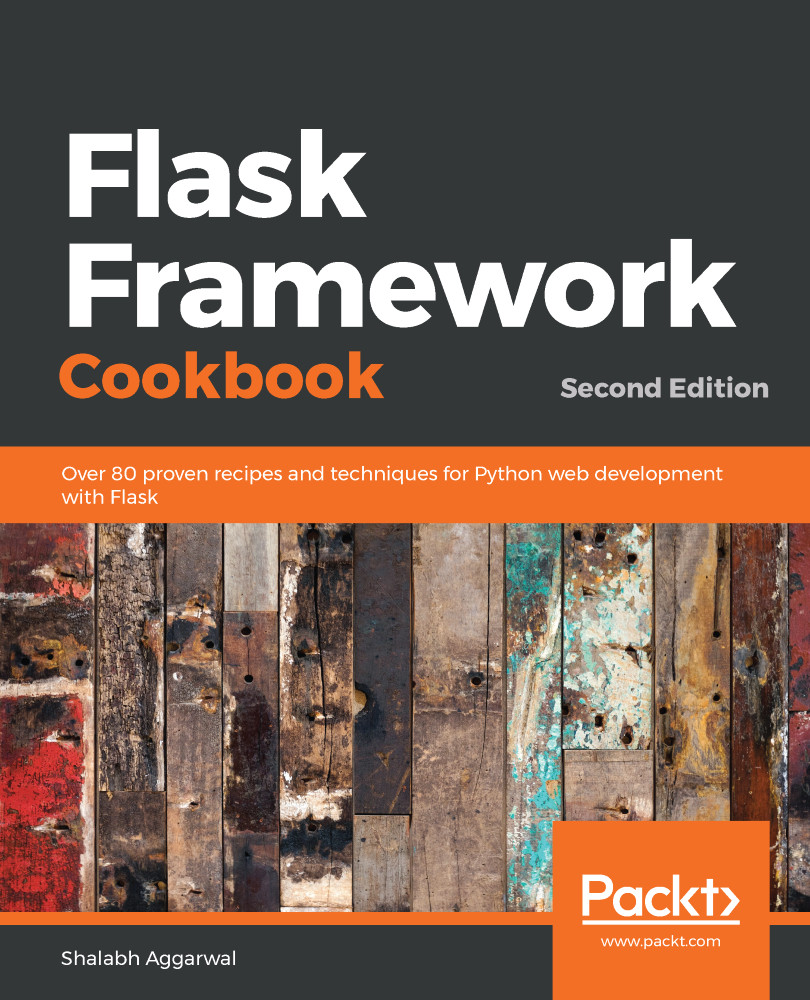Many applications require an interface that provides special privileges to some users and can be used to maintain and upgrade an application's resources. For example, we can have an interface in an e-commerce application that will allow some special users to create categories, products, and more. Some users might have permissions to handle other users who shop on the website, deal with their account information, and so on. Similarly, there can be many cases where we will need to isolate some parts of the interface of our application from normal users.
In comparison to the very popular Python-based web framework, Django, Flask does not provide any admin interface by default. Although this can be seen as a shortcoming by many, this gives developers the flexibility to create the admin interface as per their requirements and have complete control...



